Inheritance tax: How to hold on to more of your hard-earned cash
- Tax Planner
- Mar 25, 2025
- 3 min read
Tax expert Johnny O’Callaghan on understanding Capital Acquisitions Tax and how you can hold on to more of your hard-earned cash
Capital Acquisitions Tax (CAT) is a tax on gifts and inheritances. The amount of gifts and inheritances you can get without paying CAT depends on your relationship to the person you get them from. Relationships are grouped into three categories with different tax-free limits. Each limit applies to the total of all the gifts and inheritances you get from people in that category.

Group A: €400,000 Parent or Foster parent to child, or grandparent to child if parent has died and you are under 18
Group B: €40,000 Sibling to sibling, grandparent to grandchild, aunt or uncle to niece or nephew.
Group C : €20,000 Any relationship that is not covered in Group A or B
8.5KStay
Tax expert Johnny O’Callaghan is founder of Ireland's first gift tax planner called taxplanner.ie. The online service is designed to help individuals and families in Ireland navigate the complexities of Capital Acquisitions Tax (CAT).
“The most common inheritance in Ireland is from parents to children, the group threshold for that is €400,000.That’s from both parents, it doesn’t matter if they’re separated you have a €400,000 limit to get tax-free inheritance from your parents over your lifetime. If you inherit any amount over that, you owe 33.3% Capital Acquisitions Tax (CAT) on that amount.
“It sounds like a lot of money, and for some families it is. If you have a large family with five children that’s a combined inheritance wealth of €2million. However if you have an only child, and you own a property in Dublin, with the housing market the way it is, it’s almost impossible to not exceed that limit. That’s something we’re seeing more now as people are generally having smaller families and property values are increasing across the country”.
There are some steps you can take to pass some of your wealth on to family members without chipping away at their tax-free inheritance limit, Johnny explains.
“There is a small gift exemption every year of €3,000 that anyone can give to anyone, regardless of relation. There’s also no limit on how many you can receive or gift each year. So I could gift 100 people €3,000 in a year if I wanted to, and I could also receive €3,000 from 100 people. It would be tax free and it wouldn’t come off any lifetime limits for family gifting.
“It’s important to remember, however, that the €3,000 needs to be paid each year, you can accrue it in your bank account and then try to give a lump sum when they reach a certain age.
“I’ve seen grandparents utilise this too, they set up a credit union account for their grandchild, they pay €3,000 into the account every year and when the child turns 18 they can receive a €118,000 lump sum tax free. That’s far more than the €40,000 gift limit on grandparent to grandchild inheritance”.
When it comes to inheritance one group of society that is particularly vulnerable are unmarried families, warns Johnny. According to the Central Statistics Office, 43% of Irish children were born outside marriage or civil partnerships in 2022. These families are at risk of losing a large portion of their wealth to Revenue as they don’t fall into traditional family inheritance categories.
“Even if you have been cohabiting with your partner for 30 years and you share five children, there is no legal recognition of your relationship, when it comes to inheritance tax. It’s possible that it may be updated in future as it becomes more of an issue as the younger demographic ages.
“For example, if you have a couple who have been living together for 10 years and share three children, if they were married and the husband dies, the wife will inherit everything tax free and be entitled to a window’s pension. If they are unmarried, she can inherit €20,000 worth of assets tax free and the rest is liable to 33.3% tax charge, that includes the house if she is not named on the mortgage”.
Find out more at taxplanner.ie
By Megan Martin Lifestyle Editor rsvplive.ie




Mình hay có thói quen đọc mấy bài phân tích số để tham khảo thêm góc nhìn, nhất là những trang cập nhật đều theo ngày. Có lần đọc một bài trên soi cầu 247, nội dung chủ yếu xoay quanh các con số thống kê và cách người viết nhìn lại kết quả trước đó. Mình đọc hết bài rồi đóng lại, coi như thêm một nguồn để so sánh chung.
Hôm qua mình đang tìm thông tin về lịch thi đấu bóng đá thì vô tình thấy trang bongdaso. Mình mở ra xem thử, thấy giao diện khá dễ nhìn, thông tin được sắp xếp rõ ràng. Mình đặc biệt ấn tượng với phần tỷ số trực tiếp, cập nhật nhanh nhạy. So với những trang khác mà mình hay dùng thì mình cảm giác cái này có tốc độ nhanh hơn một chút. Tuy nhiên, một vài thông tin có vẻ chưa cập nhật kịp thời, nhưng nhìn chung thì vẫn hữu ích cho những ai cần theo dõi trận đấu. Mình đã bookmark lại để theo dõi thường xuyên hơn!